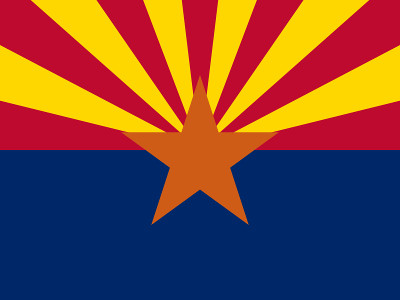Arizona’s Revamped Revenge Porn Law Approved
 PHOENIX, Ariz. – The Arizona legislature has finished tinkering with HB 2561, which amends the language of the state’s current law prohibiting “the unlawful distribution of private images” — an act more commonly referred to as “revenge porn.”
PHOENIX, Ariz. – The Arizona legislature has finished tinkering with HB 2561, which amends the language of the state’s current law prohibiting “the unlawful distribution of private images” — an act more commonly referred to as “revenge porn.”
The bill revises the state’s revenge porn law passed just last year. The ACLU immediately challenged the law in court on behalf of a coalition of publishers, bookstores, photographers and others who argued the original law was unconstitutionally broad.
“Arizona’s law clearly violates the First Amendment, because it criminalizes protected speech,” ACLU staff attorney Lee Rowland said last September, when the lawsuit was filed. “States can address malicious invasions of privacy, without treading on free speech, with laws that are carefully tailored to address real harms. Arizona’s is not.”
Spurred on by Rep. J.D. Mesnard [R–Chandler], the legislature clarified the definition of “nudity” under the statute and added language specifying offending images must be “disclosed with the intent to harm, harass, intimidate, threaten or coerce the depicted person” in order to violate the law.
The revised statute now defines the term “state of nudity” by reference to a subsection of Arizona zoning law, which defines the term as “the appearance of a human anus, genitals or a female breast below a point immediately above the top of the areola” or “a state of dress that fails to opaquely cover a human anus, genitals or a female breast below a point immediately above the top of the areola.”
The revised law excludes also disclosures made in the “reporting of unlawful conduct,” as well as “lawful and common practices of law enforcement, criminal reporting, in legal proceedings or medical treatment.”
Images “involving voluntary exposure in a public or commercial setting” also are immune from prosecution under the revised law, which also includes a safe harbor for “interactive computer services” as defined under federal law – at least with regard to “content wholly provided by another party.”
Under the revised statute, violations constitute a class 5 felony, which becomes enhanced to a class 4 felony “if the image is disclosed by electronic means.” Threatening to disclose images without actually doing so is a class 1 misdemeanor.
Under Arizona law, a class 5 felony carries a prison term ranging from six months to 2.5 years, while sentences for class 4 felonies run from one year to 3.75 years. Class 1 misdemeanors are punishable by up to six months in jail and a fine of up to $2,500.
In late November, Arizona’s then-Attorney General, Thomas Horne, agreed to stay enforcement of the law. The ACLU’s challenge to the law also was held, pending revision of the law by the legislature.
“The requested stay conserves judicial resources by relieving the court of the burden of doing work that may ultimately be unnecessary if (the statute) is modified in a manner which impacts or addresses the issues raised in this action, while similarly sparing the parties from spending unnecessary time and expense continuing to litigate whether (the statute) is constitutional, only for it to be modified in the upcoming legislative session,” stated the joint motion to stay the proceedings.
It remains to be seen if the approved alterations to the law satisfy the plaintiffs, or if the challenge to the law will resume.









